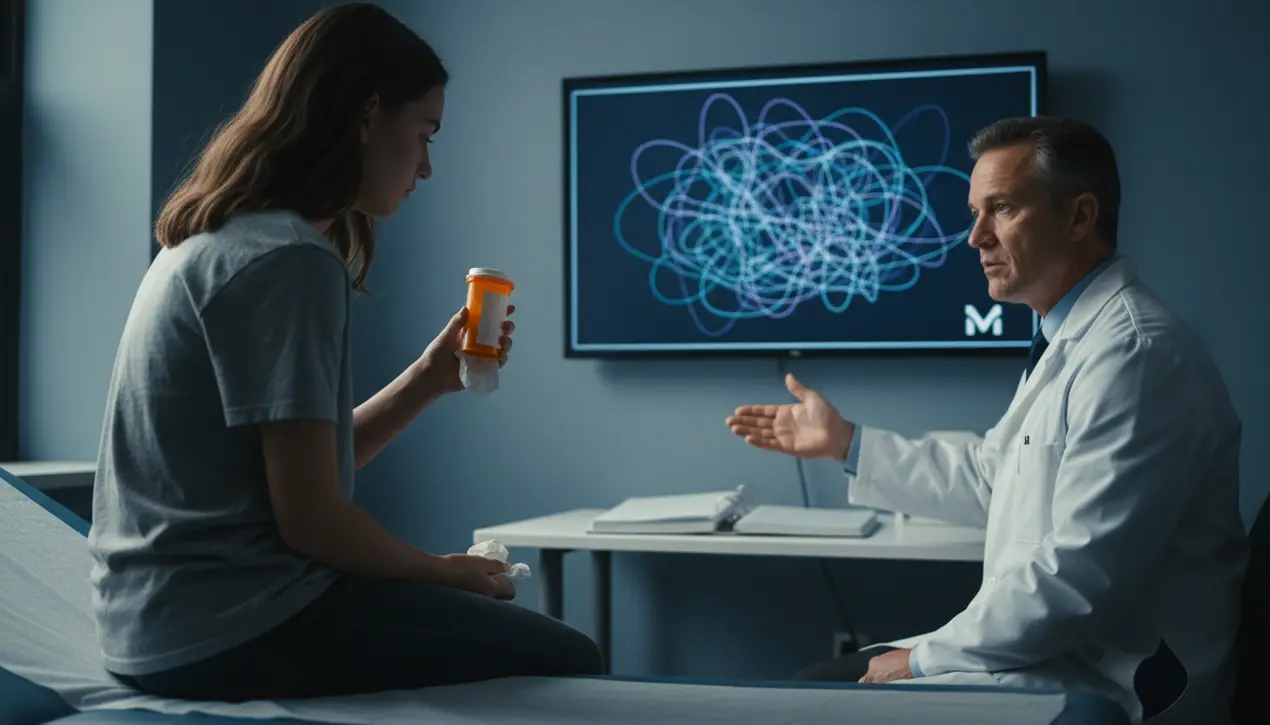
Politicsgovernments & cabinetsPolicy Agendas
The Politicization of Antidepressants: A New Front in the Culture War
AN
Anna Wright
20 hours ago7 min read
A deeply personal medical choice—the use of antidepressants—has become a central issue in a new political conflict, echoing the intensity of cultural debates from decades past. This modern iteration is being driven by Health and Human Services Secretary Robert F.Kennedy Jr. and his Make America Healthy Again (MAHA) movement, who are challenging the widespread prescription of these medications.The foundation of their argument rests on compelling data: a recent study indicated a 64 percent surge in antidepressant prescriptions for teens and young adults post-pandemic, with adolescent girls experiencing a disproportionate share of this increase. While many experts point to heightened mental health awareness, partly fueled by social media, as a driver, the MAHA movement characterizes the trend as a dangerous epidemic of over-medication, raising alarms about the long-term impact on the developing brain and national health.Kennedy has employed provocative rhetoric, asserting that discontinuing SSRIs is more challenging than quitting heroin—a statement that blurs the line between withdrawal and addiction. He has also drawn controversy by suggesting a connection to mass shootings, a claim contradicted by extensive research showing antidepressant use among perpetrators is exceptionally rare.This political framing risks significant harm, potentially stigmatizing a treatment that is vital for millions and oversimplifying a complex medical reality. For some, these drugs can cause side effects like emotional blunting, while for others, they are essential for stability and function.The debate has even entered the realm of reproductive health, with the FDA re-examining SSRI use in pregnancy, despite leading obstetric organizations emphasizing that the dangers of untreated depression typically exceed the known, often temporary, neonatal risks. At its heart, the controversy highlights a critical tension: as reports of profound sadness and hopelessness, particularly among vulnerable populations like LGBTQ+ youth, rise alongside prescription rates, is this a necessary medical response to a true crisis, or a failure to tackle underlying societal issues such as isolation? The peril of this politicized questioning, when divorced from scientific evidence, is that it can foster fear and prevent those in desperate need from accessing care. The essential conversation should not be one of blanket condemnation, but of building a comprehensive system of support where antidepressants are one tool among many—including accessible therapy and strengthened communities—rather than a pawn in a political battle that endangers patient well-being.
#antidepressants
#mental health
#RFK Jr
#MAHA movement
#government policy
#public health
#featured
Stay Informed. Act Smarter.
Get weekly highlights, major headlines, and expert insights — then put your knowledge to work in our live prediction markets.
Comments
Loading comments...
© 2025 Outpoll Service LTD. All rights reserved.